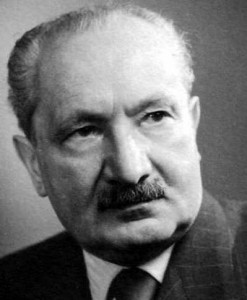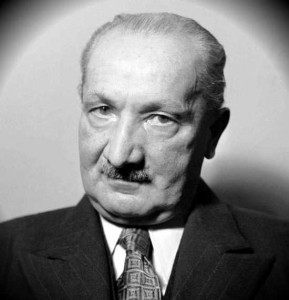 As is well known, Martin Heidegger’s philosophy has no holistic ethical theory, but his questioning about being closely interlinks with ethical problems. According to the German philosopher’s ideas, the existence of human being primarily has a social nature that ontologically implies the presence of moral norms and rules of conduct for the possibility of realizing a collective being in a common society.
As is well known, Martin Heidegger’s philosophy has no holistic ethical theory, but his questioning about being closely interlinks with ethical problems. According to the German philosopher’s ideas, the existence of human being primarily has a social nature that ontologically implies the presence of moral norms and rules of conduct for the possibility of realizing a collective being in a common society.
Heidegger have criticized ethical teachings that preceded him and constructed his own ideas about the social world and its ethical norms. The main emphasis he placed on the being-in-the-world that shared with other people. Continue reading

